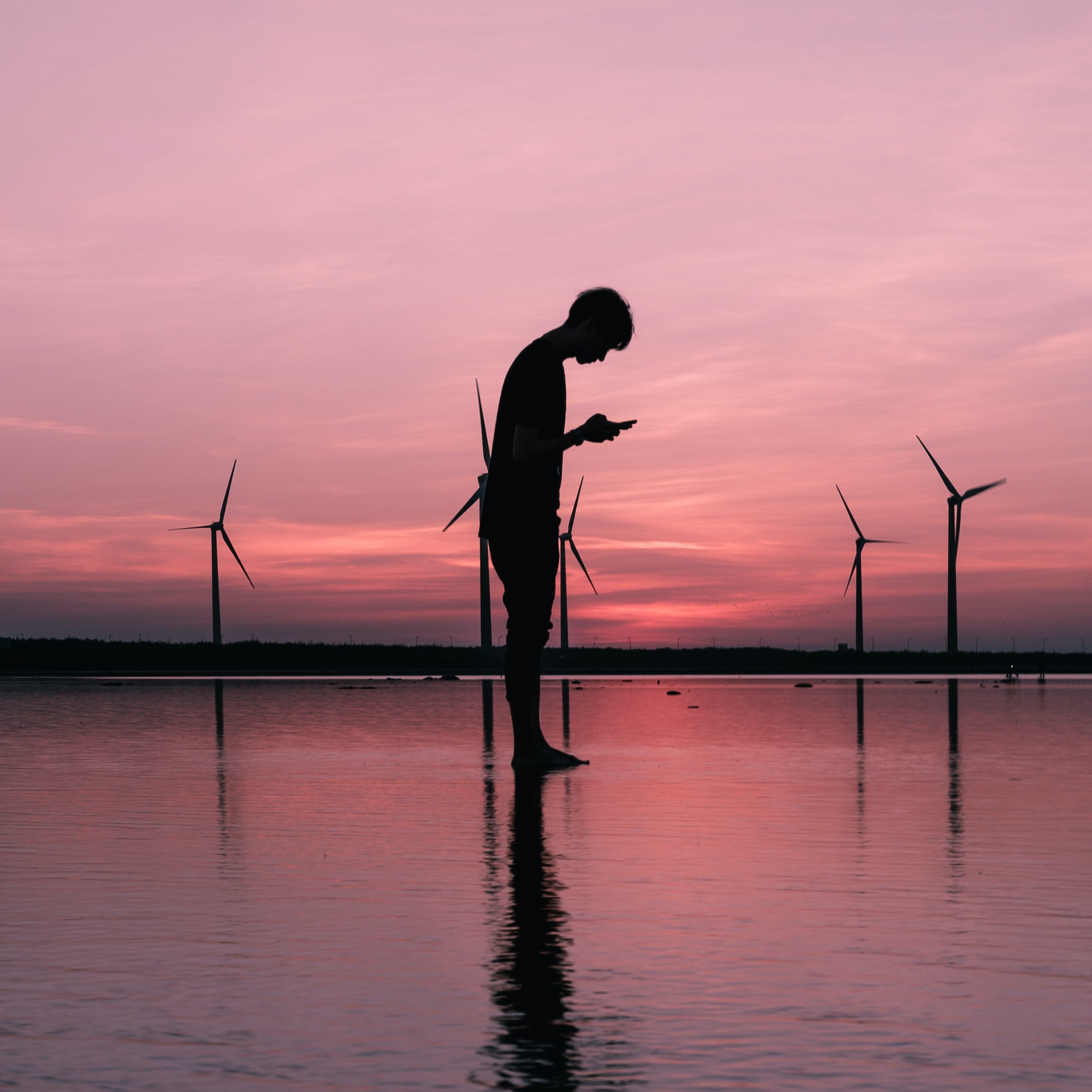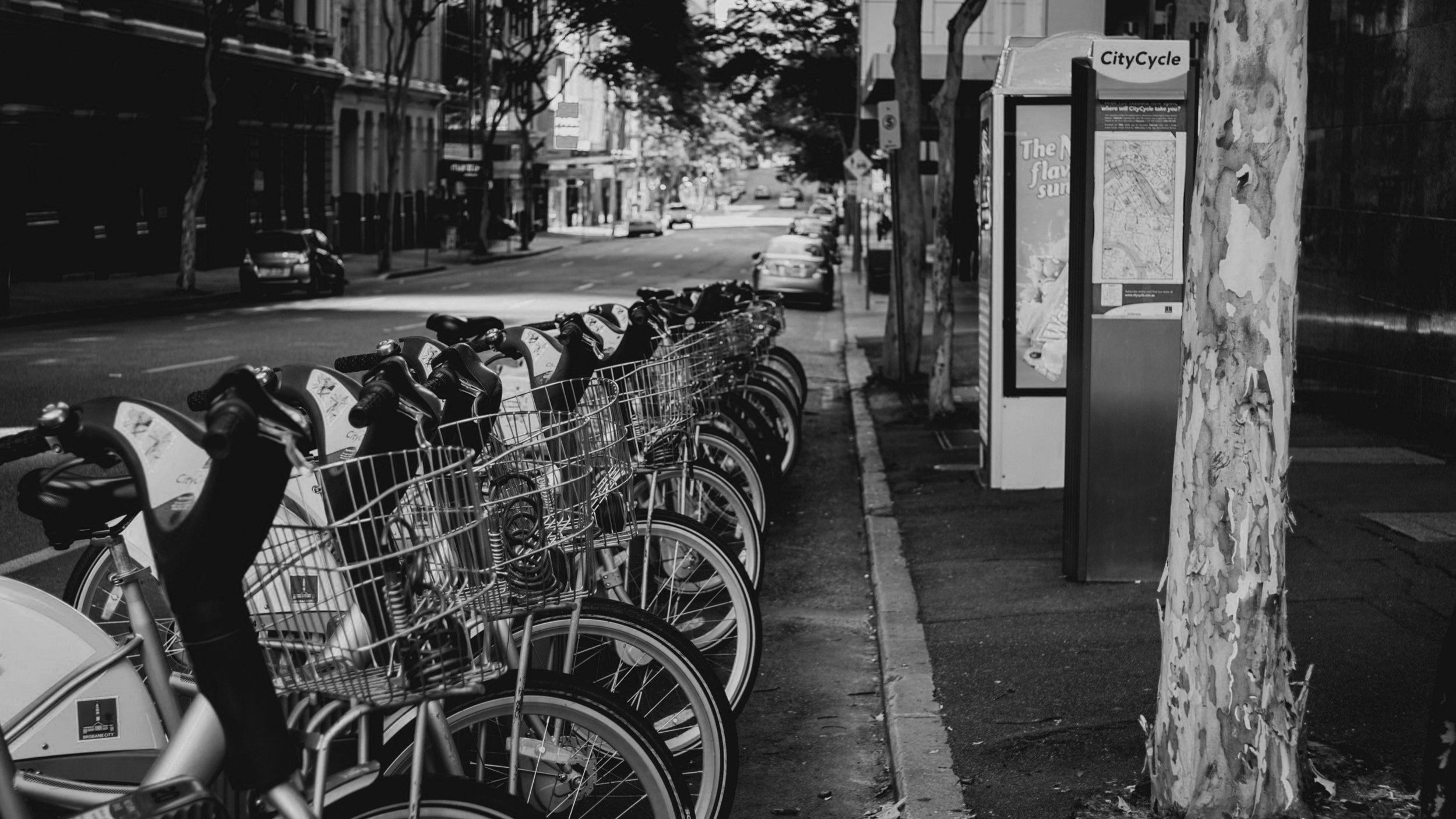Unlocking demand is the key to making ancient grains the future, not the past
ReD’s Ian Dull and Mad Holme outline four challenges – from consumption to production – that will be important to solve to create a sustainable food system.
A Second Skin – a film by ReD Associates
Our original short film, A Second Skin, part of our special series on Flesh, looks at how novel applications of natural materials, specifically mycelium, challenge our categories around beauty, material production, and innovation.
Climate investment: getting the human element right
While funding for climate investment has increased dramatically, the human element is too often overlooked. Addressing these behavioural barriers is a vital part in unlocking the full impact of future climate solutions.
Taking the climate fight to the oceans and aquatic foods
WorldFish’s interim director general on shifting the climate narrative and using social science to lead organisational change
Phenomena S2 E3: Sustainability
What can we learn from the luxury industry about making sustainability sustainable?
Searching for Value: Renato’s Truffles
As "luxury" goods become mass products, people are turning towards unique, non-reproducible experiences to fulfill a desire for the rare.
The Complexity Trap
ReD created a short video outlining some of the major findings from our projects with Edison Energy,
Strategy For Moving From B2B To Direct Consumer Sales
We segmented the market for DONG Energy to help the Danish company understand how its customers think about energy and sustainability.
User-Friendly Design Takes Off At Airports
Airport design is becoming less monumental and architecturally ego-driven, and more user-friendly.
Why Surveys Often Paint a False Green Picture of Consumers
Surveys can provide validate insights about consumers, but when it comes to understanding what keeps people from going green, they’re often unreliable.
Consumers: The Missing Link in a Low-Carbon Economy
Many businesses have reduced operating costs by optimizing resource consumption in the production processes, but typically neglect one powerful tool: consumers.
Money Is Not Enough To Make Consumers Go Green
Money is not enough to make consumers go green. There are other, more emotional levers that ought to be explored.
Making Human Biases Work in Favor of Sustainability
Here are five biases that complicate consumers’ adoption of environmentally friendly solutions.













